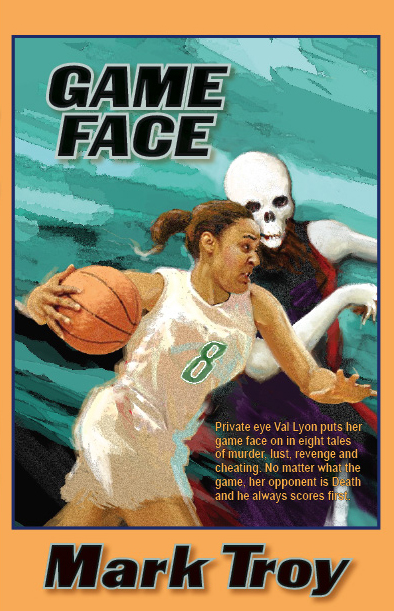Bill Scald is a restaurant critic (and what a wonderful name for a critic!). Much to his disgust his boss orders him to review a new Italian restaurant that is clearly owned as a money-laundering site by a mob family. Scald points out that in this case a bad review could have extremely nasty results. His editor, blithely uninterested in such niceties as journalistic integrity, tells him to go off and say something nice.
So Scald decides to dine with protection in the form of his nephew, "a human pit bull with shaved skull, tribal tats, and the flat eyes of a shark. Dyson's favorite cuisine was buffalo wings, but he...was too stupid to know fear." And that's when things get lively and, as I have already indicated, visual. Fun stuff.

